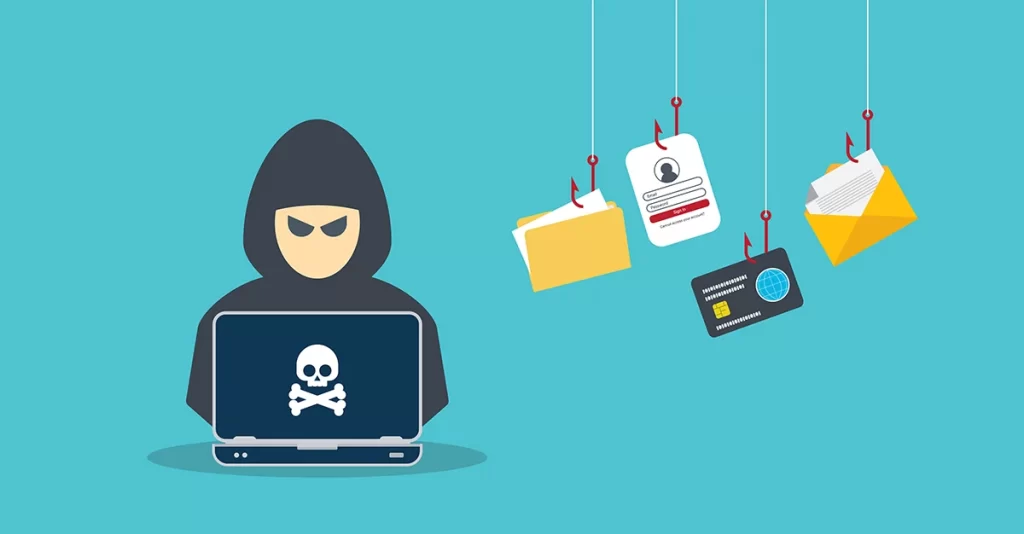In an age where technology reigns supreme, the world of fraud has become increasingly sophisticated. Fraud is not merely a distant threat; it is a pervasive and ruthless crime that can wreak havoc on your finances and emotional well-being. In this article, we will delve into the world of fraud prevention, shedding light on the critical steps you can take to safeguard your identity and hard-earned money.
Understanding the Scope of the Problem
Fraud is far from a rare occurrence; it is a crime that plagues the UK at an alarming rate. In fact, it is the most common type of crime in the country. According to recent reports, millions of cases of fraud are reported each year, costing individuals and businesses billions of pounds. The stark reality is that no one is immune to the threat of fraud. From phishing attacks to postal fraud, scammers employ a wide range of tactics to exploit unsuspecting victims.
Fraud isn’t just about financial losses; it takes a significant emotional toll as well. Victims often find themselves grappling with feelings of anger, frustration, and violation. The sense of betrayal that accompanies falling victim to a scam can be overwhelming, and it can take years to rebuild trust.
The Importance of Proactive Fraud Prevention
The first step in fraud prevention is being able to recognise the signs of a potential scam. Here are some common red flags to watch out for:
- Unsolicited Calls or Emails: Be cautious of unsolicited calls or emails requesting personal information or financial details. Scammers often impersonate legitimate organisations to gain your trust.
- Too Good to Be True Offers: If an offer seems too good to be true, it probably is. Scammers often lure victims with promises of quick riches or amazing deals.
- Pressure Tactics: Scammers often use pressure tactics to rush you into making decisions. They may claim that you must act immediately to avoid dire consequences.
If you suspect that you have received a call from a scammer, it’s crucial to report the scam number immediately. By doing so, you not only protect yourself but also contribute to the collective effort to combat fraud. Reporting scam numbers helps authorities track down scammers and prevents them from victimising others.
Verifying Websites: The Fake Site Check
Phishing attacks are a prevalent form of fraud in which scammers create fake websites or emails that mimic legitimate organisations. These deceptive sites are designed to steal your personal information, such as login credentials or credit card details. Falling for a phishing attack can have devastating consequences.
To protect yourself from falling victim to a fake website, always perform a thorough check before entering any personal information. Here’s how to do that:
- Check the URL: Examine the website’s URL carefully. Scammers often create URLs that closely resemble the real thing but contain subtle misspellings or alterations.
- Look for Secure Connections: Legitimate websites use secure connections (https://) to protect your data. Always ensure the website you’re on starts with “https://” and displays a padlock icon in the address bar.
- Verify Contact Information: Legitimate organisations provide clear and accurate contact information. If a website lacks contact details or seems suspicious, it’s a definite red flag.
If you find a website you suspect is fraudulent, report it immediately. Reporting such sites helps authorities take them down and prevents other potential victims from falling into the same trap.
Taking Action: Reporting Bank Fraud
Your bank accounts are among your most valuable assets and are a prime target for fraudsters. Bank fraud can take various forms, including unauthorised transactions, identity theft, and account takeovers.
Swift action is essential if you believe you’ve fallen victim to bank fraud. Here’s what you should do:
- Contact Your Bank: Notify your bank immediately to report the fraudulent activity. They will guide you on the necessary steps to secure your account and initiate an investigation.
- File a Police Report: Reporting the incident to the police creates an official record of the fraud, which can be crucial in resolving the matter.
- Keep Records: Maintain detailed records of all communications and transactions related to the fraud. These records may be needed for legal or investigative purposes.
Staying Informed: Latest Email Scams
Email scams have come a long way from the infamous Nigerian prince emails. Scammers constantly adapt and create new tactics to deceive recipients. Staying informed about the latest email scams is crucial for your protection.
To protect yourself from falling victim to the latest email scams, follow these precautions:
- Verify Senders: Always verify the sender’s email address. Scammers often use deceptive email addresses to impersonate trusted entities.
- Exercise Caution with Attachments and Links: Avoid opening attachments or clicking on links in emails from unknown or suspicious sources.
- Question Requests for Personal Information: Legitimate organisations rarely request sensitive information via email. Be sceptical of such requests.
Support for Scam Victims
If you’ve fallen victim to a scam, it’s essential to remember that you’re not alone. Many organisations and support groups exist to help scam victims navigate the aftermath and recover both financially and emotionally. Victims of fraud can report their case to Action Fraud, who can provide expert advice on what to do next.
Reaching out to organisations specialising in assisting scam victims such as Victim Support, is also a great idea. They can provide valuable guidance, resources, and emotional support during a challenging time.
The Road Ahead
Fraud is a pervasive and ever-evolving threat that demands our attention and proactive efforts. Whether you’ve experienced fraud firsthand or wish to protect yourself from potential scams, understanding the signs and taking immediate action is paramount. Reporting scam numbers, conducting fake site checks, and knowing how to respond to cases of bank fraud are crucial steps in safeguarding your finances and identity. Stay informed about the latest email scams, and remember that support is available for scam victims. Together, we can fight back against fraud and protect what matters most. Don’t wait until it’s too late – take action now to secure your future.



